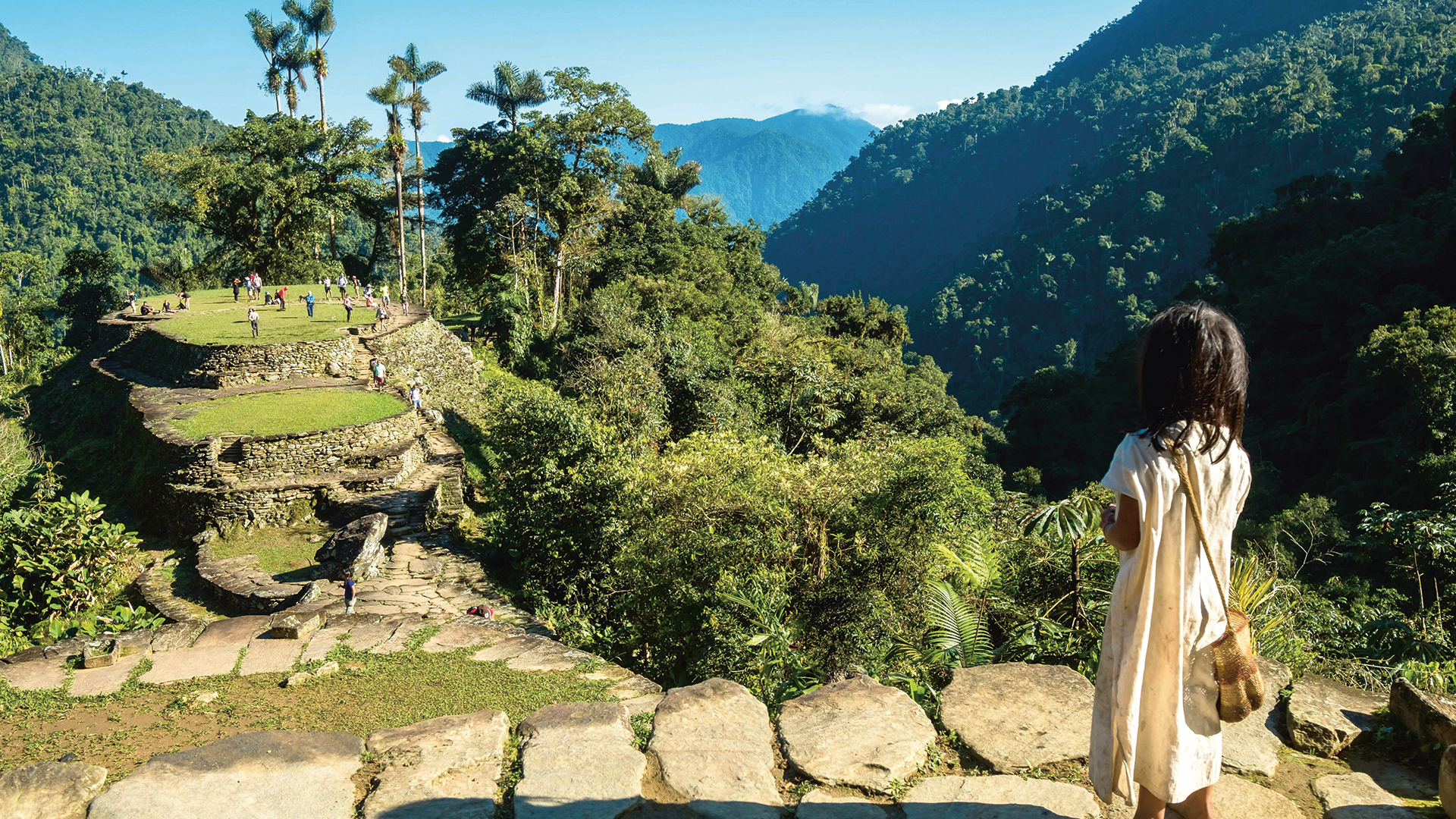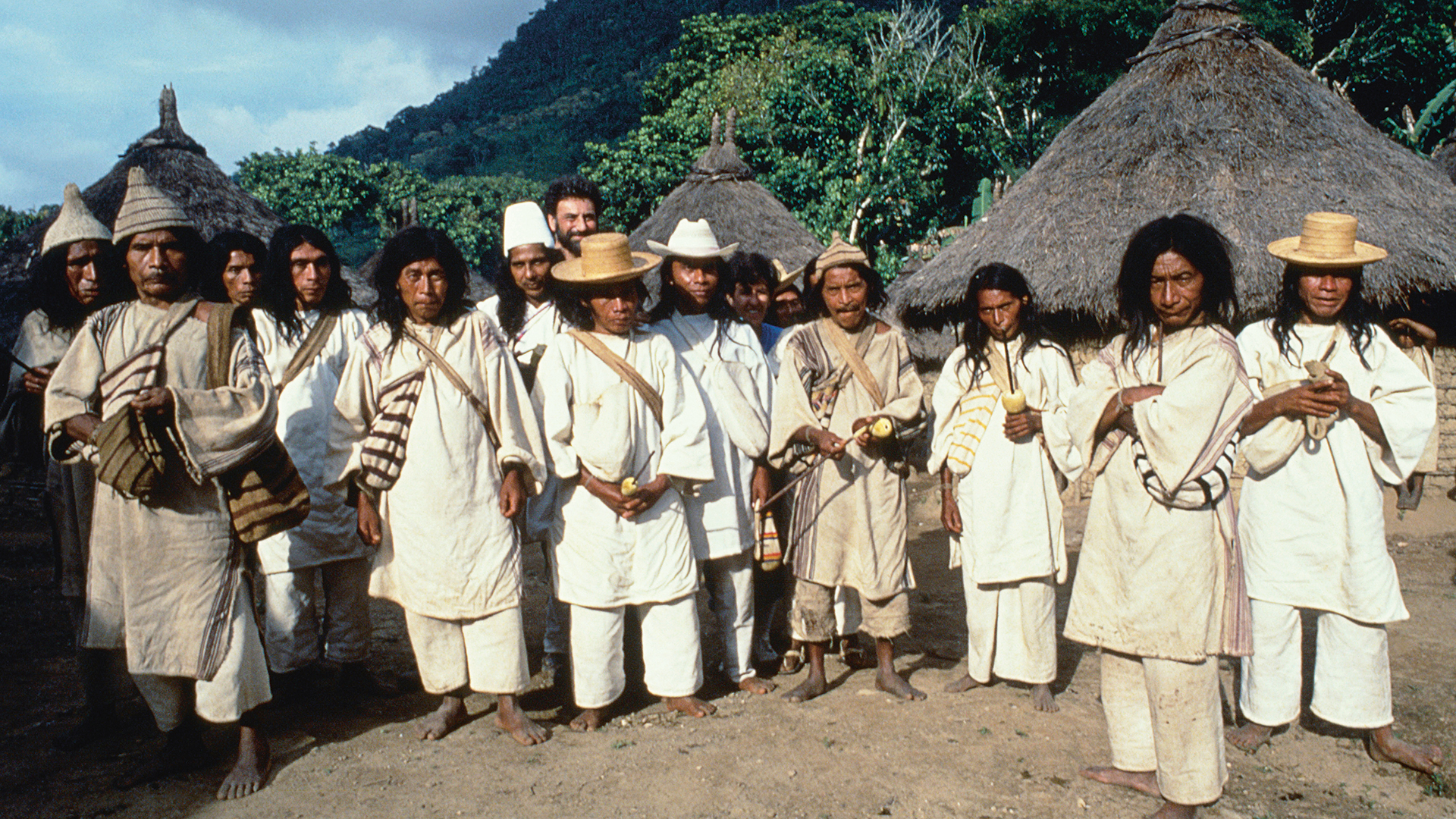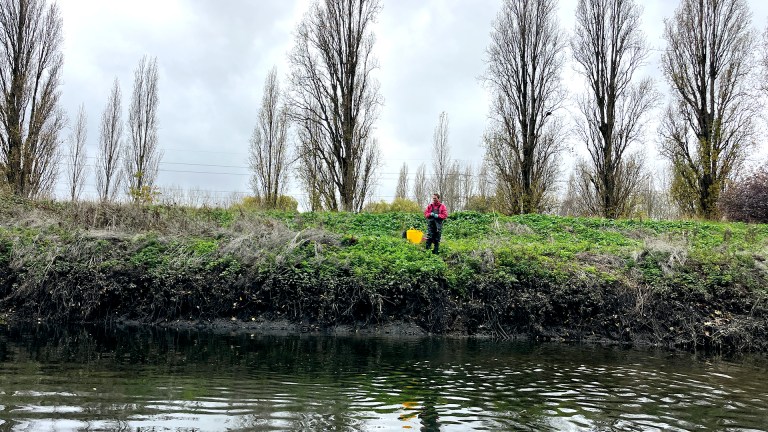There is growing recognition that Indigenous people should be at the centre of climate change responses. However, despite stewarding 80 per cent of the world’s remaining biodiversity, they have been pushed to the margins of international action and their knowledge disregarded.
After the disappointment of COP26, and with muted hope for COP27, a new project being launched at the University of Wales Trinity St David will put indigenous voices at the centre of environmental action. This is part of a wider initiative from UNESCO called Bridges, aimed at promoting alternative ways of thinking in promoting global sustainability.
There are so many mysteries left to understand. Nobody knows why birth starts when it does, why water can float when it hardens to ice or how electricity actually works. We just know – and accept – them. There are other things – like, for example, the markets – that some claim to follow, but are extraordinarily complicated systems only experts understand.
Euro-US cultures have collared the market on experts. In these cultures, people are sure that ‘science’ – a word that, I acknowledge, contains a diversity of approaches and specialisms, but is a useful catch-all – produces real experts. And, as evidence, the phrase “we are following the science” is used to demonstrate that decisions and actions are validated by the highest authorities. However, simultaneously, there are indigenous cultures with their own trained experts. Which raises the questions, who is it that knows, and which science should we follow?
Currently, knowledge cultures are ranked on a scale, with science seen as the most advanced method, able to liberate the truth. Meanwhile, indigenous ideas are ranked near the bottom, with magic perhaps propping up the table. It’s understood that indigenous people have rights, but they don’t have access to the teachers, methods and libraries that would give their knowledge credibility.
They may have the moral high ground on numerous social and organisational issues, but, when it comes to environmental science, cosmology, or biology most of us assume that indigenous people can’t really know how these systems work until they have completed the necessary training and qualifications.










